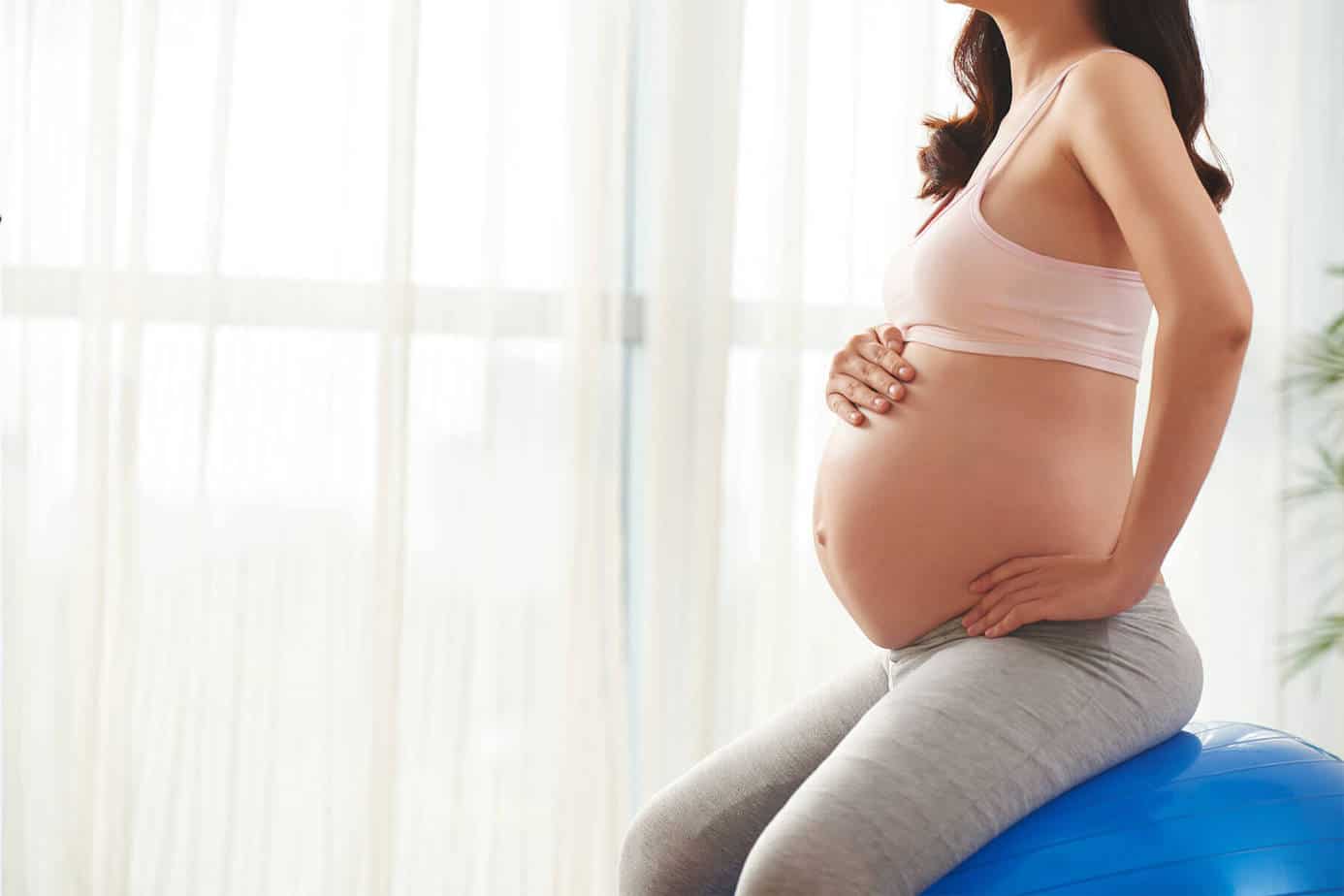The signs of premature labour

It is important to know the signs of premature labour because sometimes things can start to happen a bit earlier than expected – including baby’s arrival.
What is premature labour?
Usually, a pregnancy lasts between 37 and 42 weeks and a baby born during this period is called ‘full term’. When a baby arrives before week 37 it is considered pre-term or premature.
If labour begins before week 37 of your pregnancy it is termed premature labour.
- Around 8.7% of babies are born prematurely
- Most premature babies are born between 32 and 36 weeks.
Classification of premature babiesThe terms used to describe premature babies are based on their gestational age. This is the time the baby has spent developing in the uterus and is calculated from the first day of your last period:
|
How do I know if it’s early labour?
Sometimes, what you think may be the start of labour turns out to be something else. False contractions, called Braxton Hicks contractions, can occur after about 20 weeks of pregnancy. Although, these contractions can be strong and sometimes painful, they are different to the contractions experienced during ‘true’ labour. Braxton Hicks contractions are usually irregular, only occur once or twice an hour or a few times a day, and last for less than a minute. If you are in any doubt about what you are feeling, call your doctor or midwife.
Seek immediate medical help from your doctor, midwife or hospital (day or night) if you have any signs of premature labour including:
- Your water breaks
- Stomach pain similar to menstrual cramping
- Regular, intensifying contractions
- Four or more contractions in an hour
- Increasing lower back and/or pelvic pressure
- Blood or other fluid escaping from your vagina.
What happens if labour stops?
Premature labour requires immediate medical assistance and you may be admitted to hospital, so everything can be checked and monitored.
What happens when labour continues?
If you are in premature labour certain treatments can sometimes be used to help delay the baby’s birth – every extra day allows for further growth and development and improves the chances of the baby’s survival.
- Not all preterm births can be avoided
- The risk of premature babies developing problems depends on how premature they are
- Most babies born close to ‘full term’ will not usually have long-term health problems
- Premature babies (under 36 weeks) will usually be admitted to a neonatal unit, while very premature babies (under 30 weeks) may need to be admitted to a neonatal intensive care unit (NICU).


